Principal of Le Duan Political School Duong Huong Son presents a report to open the scientific conference - Photo: NB
In the context of globalization and the strong development of the Fourth Industrial Revolution, digital transformation has become an inevitable trend and an important driving force to promote sustainable development in all fields, including education and training.
For the system of political schools in the country, the application of information technology and the promotion of digital transformation are of special importance. This is not only a technical support solution but also a strategic requirement to improve the quality of training and fostering of grassroots leaders and managers - one of the key tasks in Party building and building a strong political system in the new situation.
In recent times, political schools in the North Central region have gradually implemented many activities of applying information technology and digital transformation in teaching, learning, training management, school administration, digitalizing learning materials, organizing conferences, online seminars, building e-learning lectures, LMS... However, in practice, there are still many limitations and problems in terms of institutions, financial resources, human resources, infrastructure...
In the new development stage, there is an urgent need to have a comprehensive and substantial view of the digital transformation process in political schools. It is necessary to correctly assess the current situation, analyze the causes, share experiences, and propose feasible solutions suitable to the characteristics of each school and each locality, on the basis of ensuring synchronization, connectivity and long-term orientation until 2030.
Therefore, this workshop aimed at the following objectives: Clarifying the theoretical and practical basis of applying information technology and digital transformation in the field of political theory education; analyzing results, good practices, and effective models in implementing digital transformation at political schools in the region; proposing comprehensive solutions on institutions, management mechanisms, infrastructure investment, staff training, content innovation, teaching methods, etc. to promote the digital transformation process in a practical, effective, and sustainable manner.
At the workshop, delegates presented many papers with diverse content, addressing many issues of interest to the workshop; reflecting many approaches, fields of application of science and technology and digital transformation in management and training at political schools.
This workshop is also a forum for scientists, managers, lecturers, and professionals to share experiences, exchange knowledge, and spread new initiatives to improve the quality of training and fostering of cadres in the digital age. From there, it contributes to building an effective digital transformation roadmap for political schools in the North Central region.
The preliminary report of the Emulation Cluster of Political Schools in the North Central region in the first 6 months of 2025 clearly stated: The emulation movement was deployed synchronously and comprehensively by political schools in the region with content, criteria, and forms of launching in all aspects of activities.
Notably, the proactiveness, seriousness, creativity and determination of political schools have contributed to improving the quality of training and fostering work, aiming to well perform assigned political tasks.
In the last 6 months of 2025, the Emulation Cluster of Political Schools in the North Central region will continue to effectively organize and implement emulation movements launched by the Ho Chi Minh National Academy of Politics.
At the same time, focus on effectively implementing emulation movements, ensuring the successful completion of political tasks, and doing well in all aspects of work to build a strong and comprehensive school.
Phu Hai
Source: https://baoquangtri.vn/hoi-thao-khoa-hoc-ung-dung-cong-nghe-thong-tin-chuyen-doi-so-tai-cac-truong-chinh-tri-nbsp-194642.htm


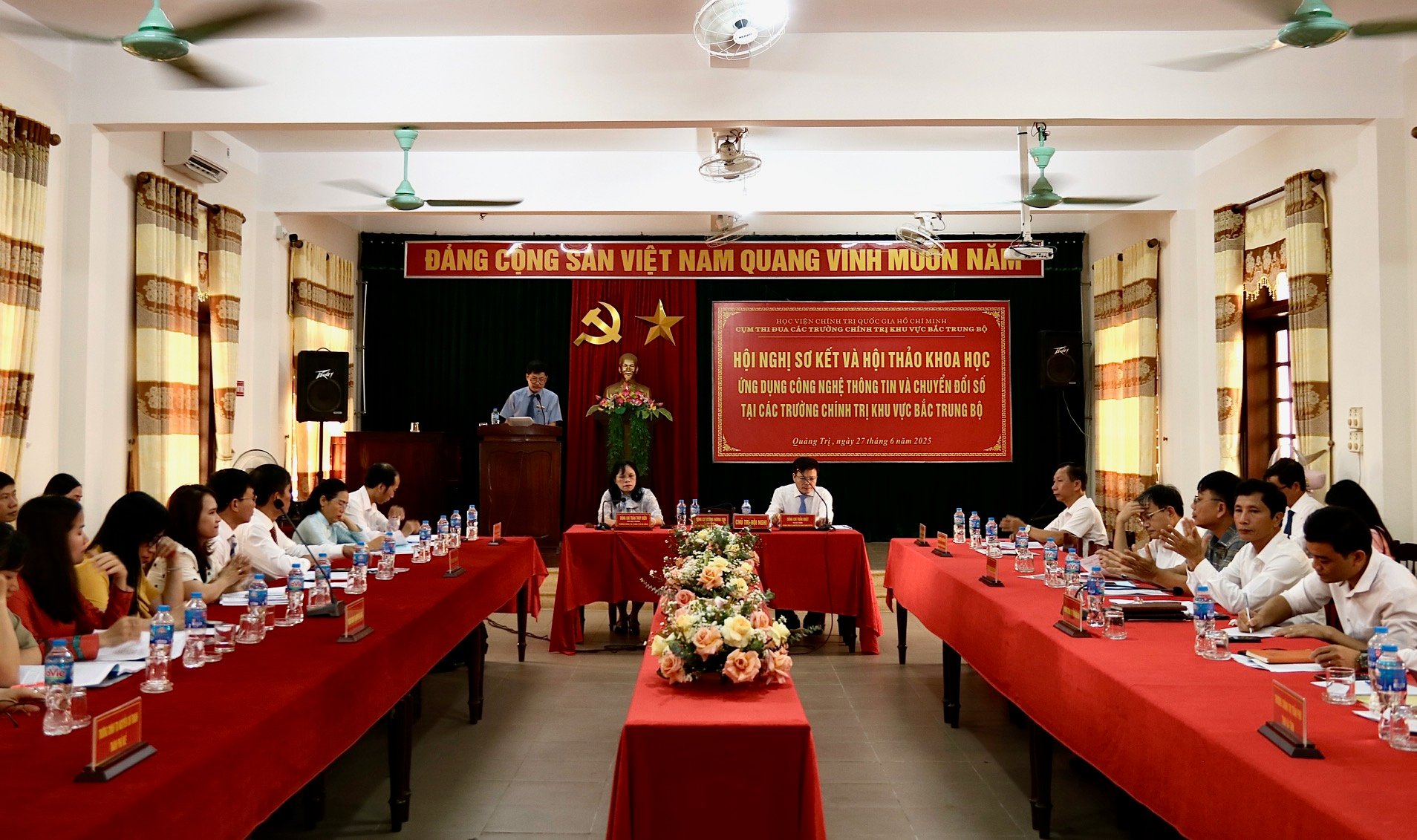
![[Photo] President Luong Cuong receives Chairman of the State Duma of the Russian Federation Vyacheslav Volodin](https://vphoto.vietnam.vn/thumb/1200x675/vietnam/resource/IMAGE/2025/9/29/6bd456e072504df3a468acbf9b7989c8)
![[Photo] Joy on the new Phong Chau bridge](https://vphoto.vietnam.vn/thumb/1200x675/vietnam/resource/IMAGE/2025/9/28/b00322b29c8043fbb8b6844fdd6c78ea)
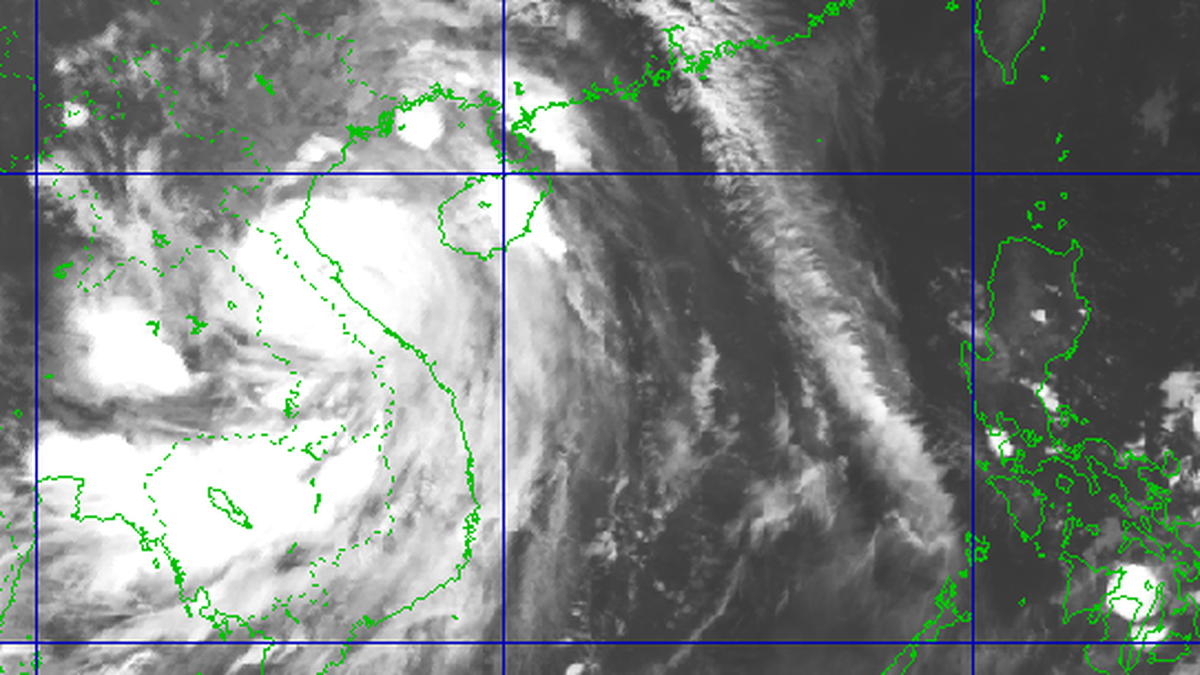
![[Photo] The 4th meeting of the Inter-Parliamentary Cooperation Committee between the National Assembly of Vietnam and the State Duma of Russia](https://vphoto.vietnam.vn/thumb/1200x675/vietnam/resource/IMAGE/2025/9/28/9f9e84a38675449aa9c08b391e153183)







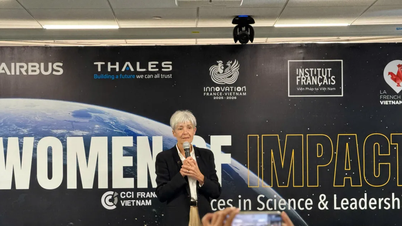

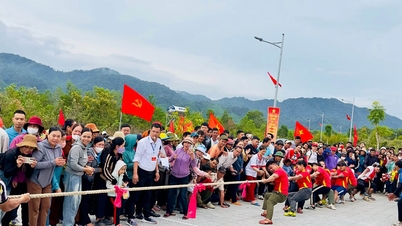





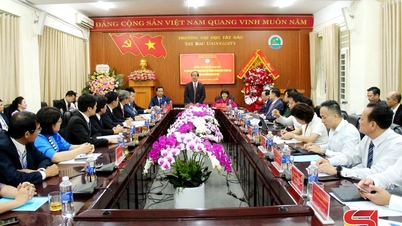



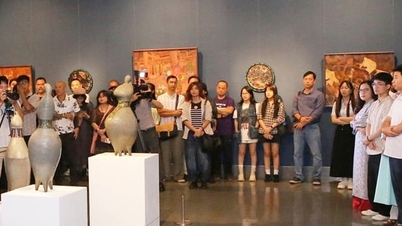








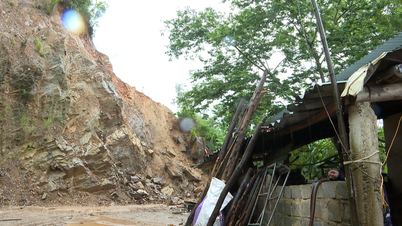



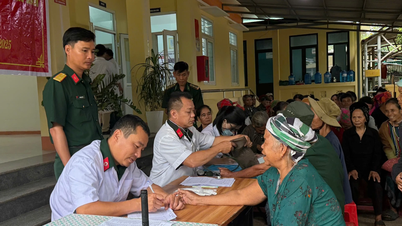






















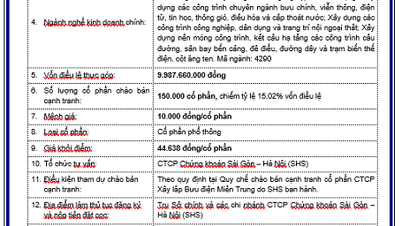
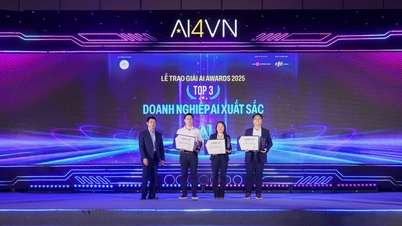




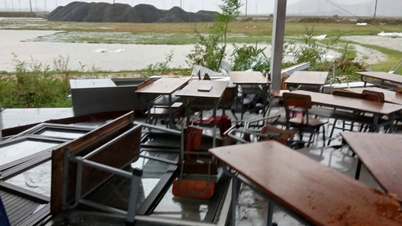

![[Photo] President Luong Cuong receives Chairman of the State Duma of the Russian Federation Vyacheslav Volodin](https://vphoto.vietnam.vn/thumb/402x226/vietnam/resource/IMAGE/2025/9/29/6bd456e072504df3a468acbf9b7989c8)


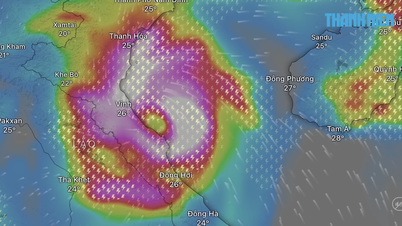



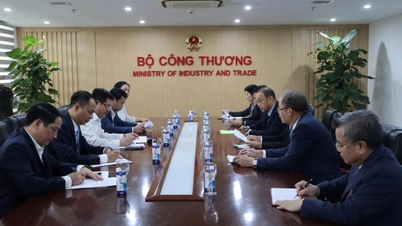











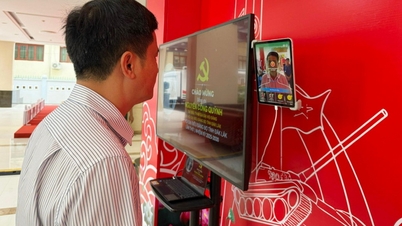

















Comment (0)